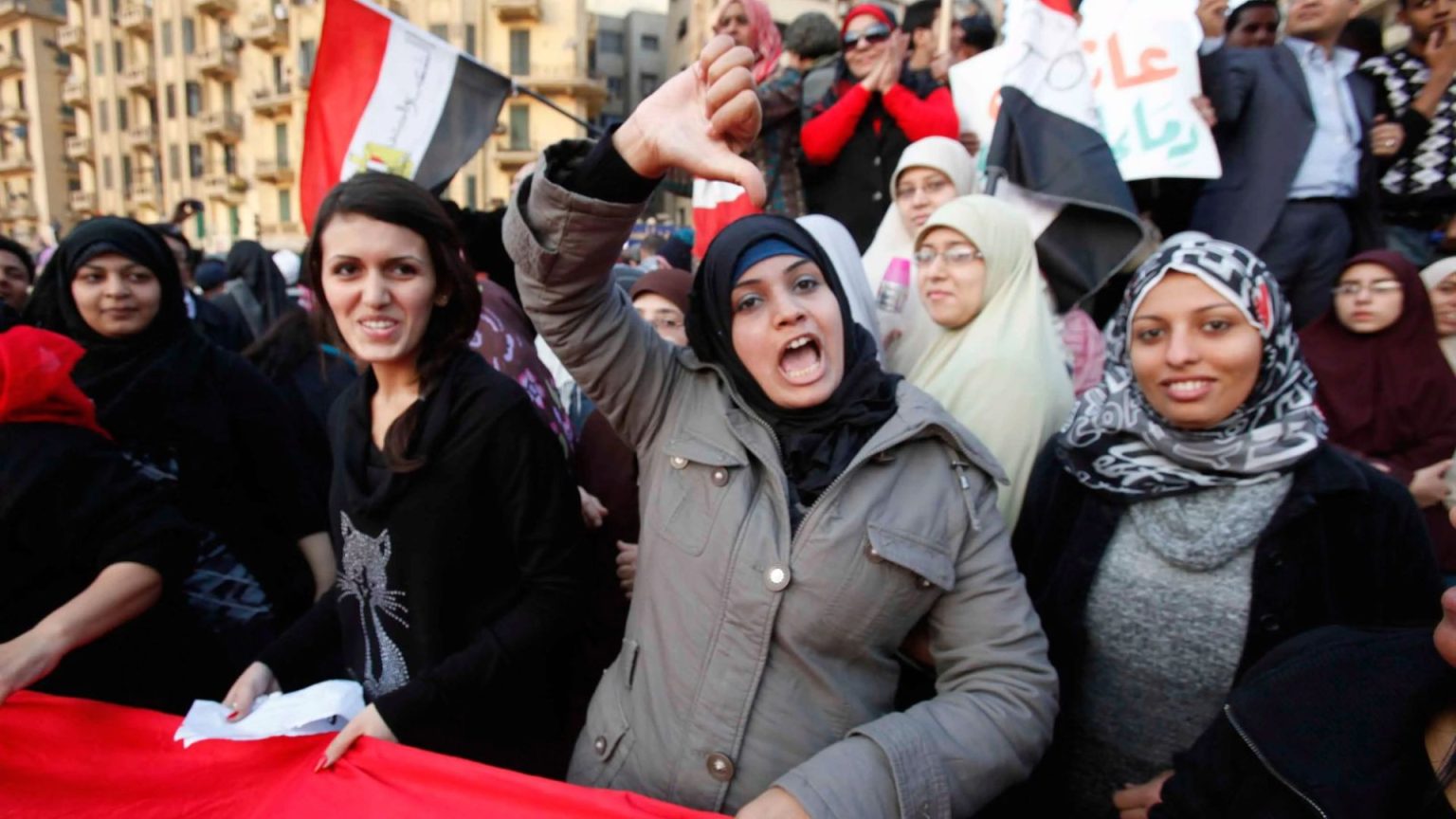The Iraqi parliament has passed amendments to the country’s personal status law, effectively legalizing child marriage and sparking widespread outrage and protests. The changes lower the legal age of marriage for girls to as young as nine, based on the interpretation of Ja’fari Islamic law followed by many Shiite religious authorities. This represents a significant departure from the previous minimum age of 18 and raises serious concerns about the welfare of young girls. Critics argue that the new law violates children’s rights, disrupts existing protection mechanisms for women in matters of divorce, custody, and inheritance, and exposes young girls to the dangers of early marriage, including health risks, truncated education, and limited opportunities.
The amendments also grant increased authority to Islamic courts in family matters, superseding the 1959 Personal Status Law which had unified family law and provided safeguards for women. This shift in legal jurisdiction has been condemned by human rights activists and women’s rights organizations, who view it as a setback for women’s rights in Iraq. They fear that the increased influence of religious courts will exacerbate existing inequalities and further marginalize women within the legal system. The changes have been described as “terrorizing” for Iraqi women and civil society, stripping away hard-won rights gained in recent times.
The parliamentary process leading to the adoption of these amendments was marked by chaos and controversy. Reports indicate that a significant number of lawmakers present in the session abstained from voting, potentially jeopardizing the legal quorum required for the vote to be valid. Additionally, the bundling of three distinct changes into a single vote, despite varying levels of support for each amendment, further fueled the controversy. This procedural irregularity has raised questions about the legitimacy of the vote and opened the door to potential legal challenges in the Federal Court. While some MPs, primarily from conservative Shiite blocs, defended the amendments as a necessary step to distance Iraq from Western influence, others expressed concerns about the combined voting process and its potential legal ramifications.
The implications of these legal changes extend beyond child marriage and the empowerment of religious courts. The amendments raise concerns about the growing influence of both Shiite and Sunni religious sects in matters of personal status. By allowing religious sects to represent individuals in “all matters of personal status,” the law potentially undermines the role of civil judiciary and opens the door to the application of varying religious doctrines in legal proceedings. This raises concerns about the potential for legal inconsistencies and discrimination based on religious affiliation.
A particularly alarming consequence of these amendments relates to the high prevalence of unregistered and informal marriages in Iraq. The new law states that in cases of dispute between spouses regarding the religious doctrine governing their marriage, the husband’s doctrine will prevail unless proven otherwise. This provision effectively legitimizes unregistered marriages, a significant portion of which involve underage girls, potentially exposing them to further vulnerability and exploitation. It also reinforces patriarchal structures within marriage, granting husbands disproportionate power in determining the legal framework governing their marital relationship.
In addition to the amendments related to personal status law, the Iraqi parliament also passed a general amnesty law. While ostensibly intended to benefit Sunni detainees, critics argue that this law could also shield individuals involved in corruption and embezzlement from prosecution. The simultaneous passage of these laws, with their potentially far-reaching consequences for Iraqi society, has fueled public anxiety and raised concerns about the future of human rights and the rule of law in the country. The confluence of these legislative changes paints a complex and concerning picture of the evolving legal landscape in Iraq.
The protests and condemnations that have followed the passage of these amendments underscore the deep divisions within Iraqi society regarding the role of religion in the legal system and the protection of women’s and children’s rights. The international community is also closely monitoring the situation, expressing concern about the potential for these changes to exacerbate existing vulnerabilities and undermine progress towards gender equality. The future legal challenges and societal repercussions of these amendments remain to be seen, but their immediate impact has been to spark widespread fear and uncertainty among those advocating for human rights and a more equitable legal system in Iraq.




